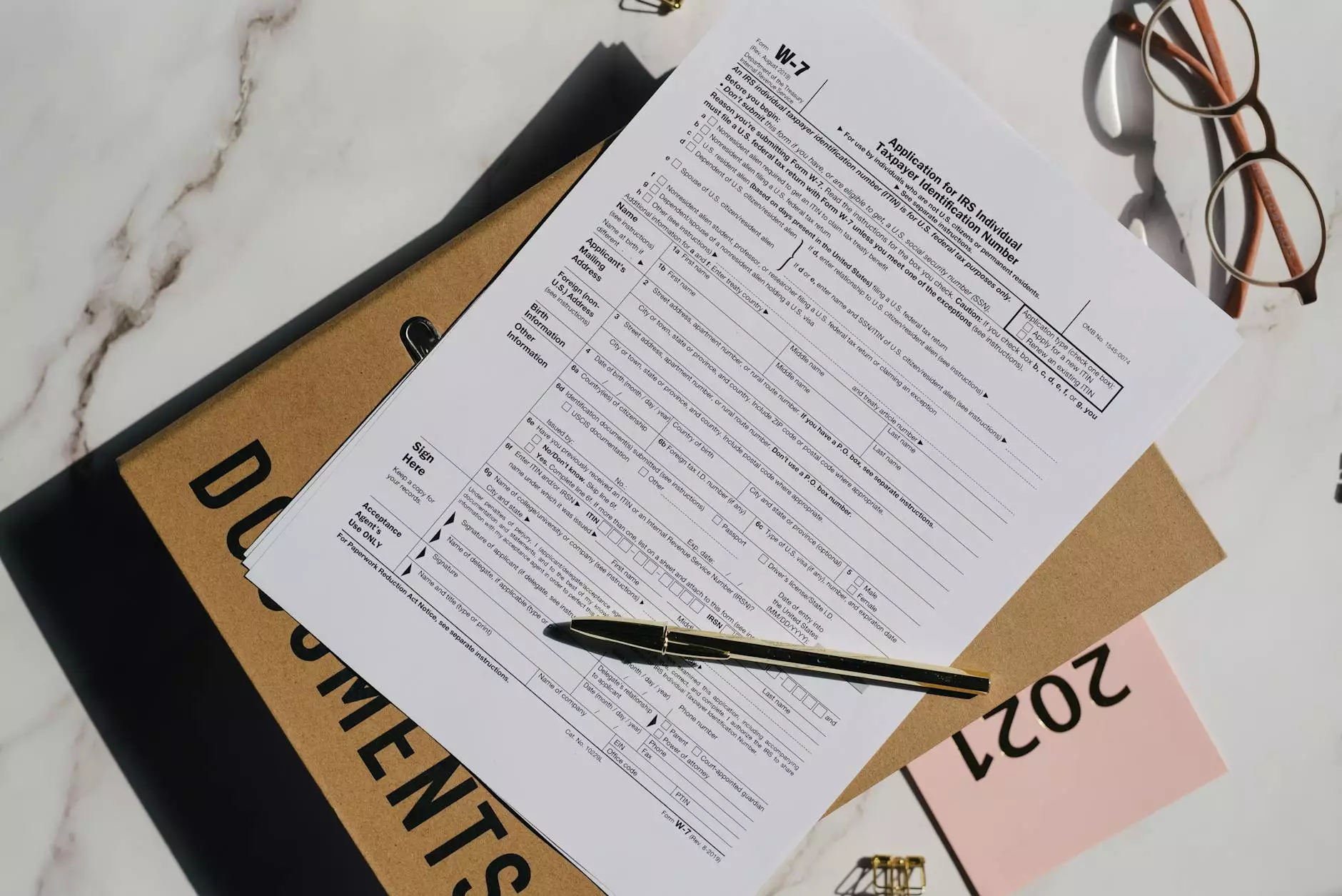The Importance of Data Privacy Compliance in Modern Business

In today's digital age, the concept of data privacy compliance has become a cornerstone of successful business operations. As organizations increasingly rely on technology and digital platforms to operate, the need to protect sensitive data has never been more critical. This article will delve into the intricacies of data privacy compliance, why it matters, and how businesses can ensure they meet these essential requirements.
Understanding Data Privacy Compliance
Data privacy compliance refers to the set of regulations and standards that businesses must adhere to when handling personal and sensitive data. This includes everything from employee information to customer data. Key regulations vary by region but often encompass laws such as the General Data Protection Regulation (GDPR) in the European Union and the California Consumer Privacy Act (CCPA) in the United States.
What Constitutes Personal Data?
Personal data can be any information that relates to an identifiable individual. This can include:
- Name
- Address
- Email address
- Phone number
- Payment information
Protecting this information is not just good practice; it is a legal requirement in many jurisdictions, making data privacy compliance essential for every business.
The Significance of Data Privacy Compliance
As companies continue to collect vast amounts of data, the risks associated with data breaches and non-compliance have also escalated. Here are several reasons why data privacy compliance is critical:
1. Protects Your Business's Reputation
Data breaches can severely harm a company's reputation. Customers expect their data to be handled with care, and failing to protect it can lead to a loss of trust.
2. Avoids Legal Penalties
Non-compliance with data protection regulations can result in hefty fines and legal consequences. For instance, the GDPR imposes fines of up to 4% of a company’s annual global turnover or €20 million (whichever is greater). Therefore, adhering to data privacy compliance obligations is financially prudent.
3. Maintains Customer Trust
Customers are increasingly aware of data privacy issues and expect companies to protect their information. By ensuring compliance, organizations can build and maintain strong, trusting relationships with their clients.
4. Enhances Data Security
Compliance often involves implementing robust data security measures, which help prevent data breaches. A strong security posture not only protects sensitive information but also optimizes organizational efficiency.
Steps to Ensure Data Privacy Compliance
Achieving data privacy compliance involves several key steps. Here are practical guidelines businesses can follow:
Step 1: Conduct a Data Audit
Understanding what data your business collects and processes is the first step towards compliance. Conduct a thorough audit to identify:
- Types of data collected
- How data is collected
- Data storage and retention policies
- Who has access to the data
Step 2: Develop a Privacy Policy
Your organization needs a clear and transparent privacy policy that outlines how data is collected, used, and protected. This document should reflect your commitment to data privacy compliance and reassure customers about their data security.
Step 3: Implement Data Protection Policies
Establish internal policies that govern data access, usage, and sharing. Ensure that all employees are trained on these protocols to mitigate the risk of data breaches.
Step 4: Use Data Encryption
Implementing strong encryption protocols will help protect sensitive data both in transit and at rest. This adds an essential layer of security, which is vital for compliance.
Step 5: Regularly Review and Update Policies
Data protection regulations are constantly changing. It's crucial to regularly review and update your compliance strategies to align with the latest laws and best practices. This ongoing process is key to successful data privacy compliance.









